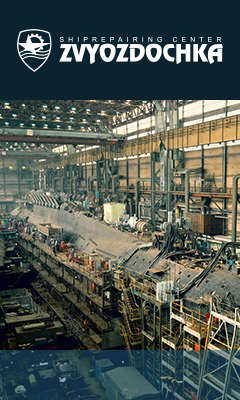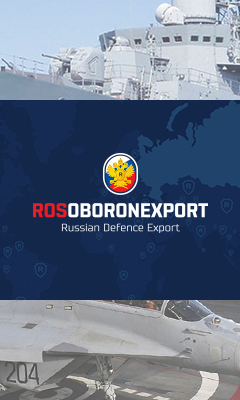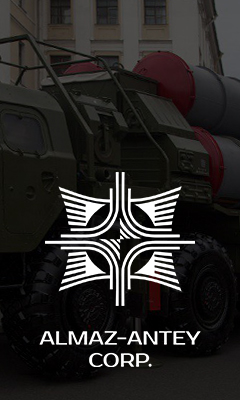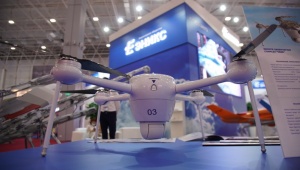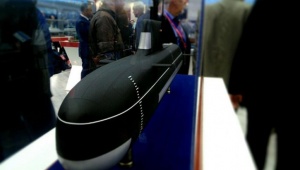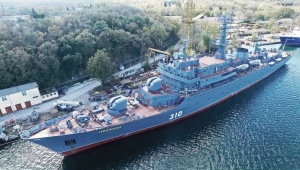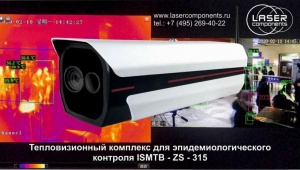It is planned to construct two test beds, one with a heat stabilizer and another one with a top-open combustion chamber, and a unified trials control station. The test bed with the heat stabilizer will be capable to generate a thermal field at temperatures of 0…800 C° without direct impact of flame on the tested device. Dimensions of the combustion chamber for that test bed are 8х4х4 meters; it will easily accommodate a tank or an IFV.
The second test bed equipped with a top-open combustion chamber will ensure creation and maintenance of thermal field at temperatures of 0…1,200 C° throughout eight hours with direct impact of flame on the tested device. Dimensions of its combustion chamber are 6х4х4 meters.
The thermal test beds shall be supplied not later than December 5, 2018, and the LRS – by December 5, 2019. The estimated cost of the test beds production amounts to 26 mln rubles; the customer evaluates development costs of the light radiation simulator at 76.5 mln rubles.
An expert who used to work at the 26th Central R&D Institute told Mil.Today that such test beds had been employed back in 1960-1970’s. They were designed for explosion-proof testing of military equipment. The trials were held under the research program studying impact of nuclear explosions on weapon systems.
He assumed that the Factor-12 project might be related to "tests of the effect that the newest weapons, including laser ones, may have on Russian hardware".The bid-opening held on March 23 showed that both of the tenders failed. The only bidder, St. Petersburg-based Vertech LLC, could not provide Mil.Today with prompt comments on its participation in the procurement.
Rosatom refused to comment on the bidding either.
The 12th Central Research Institute of Russian Defense Ministry was established in the middle of the 20th century. It possesses experimental facilities capable to simulate consequences of a nuclear explosion, i.e. a superpower shock wave and intense electromagnetic fields. Also, the institute is engaged in robustness tests of military equipment under special conditions. According to the Russian military authorities, one of the key priorities of the institute is laser weapons.










